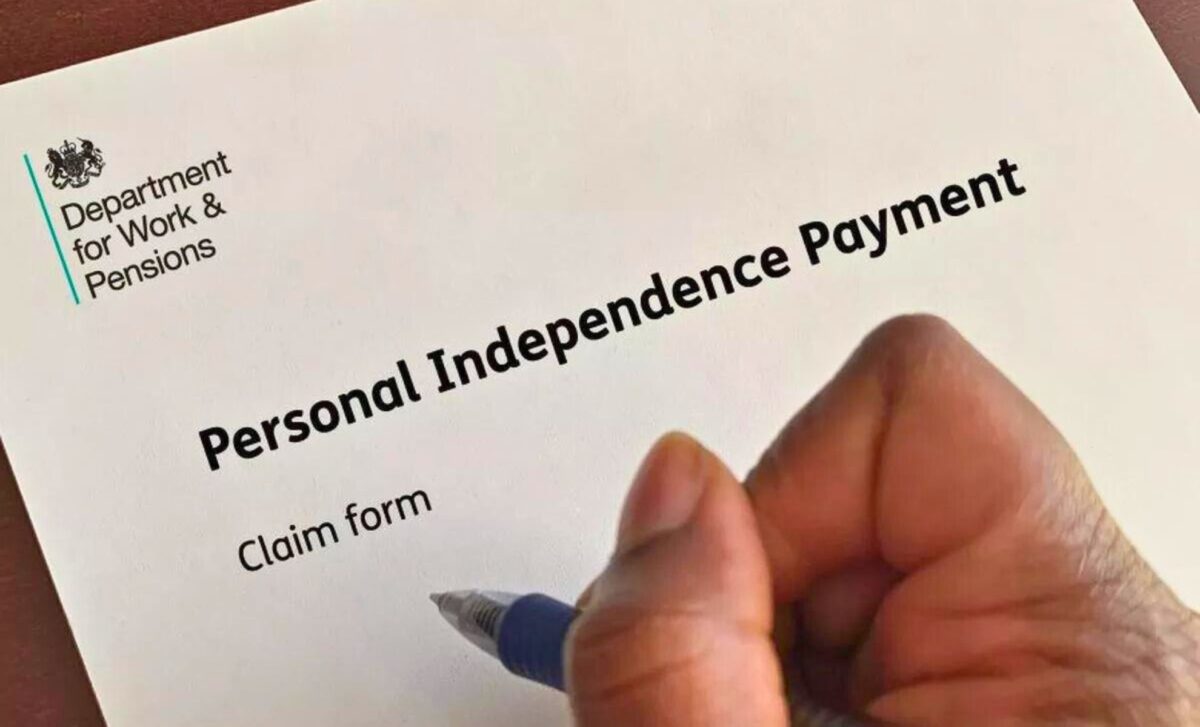PIP recipients may have to provide “medical evidence” in order to be able to receive their payments as part of new system reform. It is one of the numerous changes that the DWP in currently exploring in order to reduce welfare costs.
PIP Claimants Could Have to Provide ‘Medical Evidence’ To Carry On Receiving Payments
Officials argue that some people may be getting more money than they actually need, while others may require assistance. The Department for Work and Pensions is looking at moving ahead from the blanket payment for all approach, encouraging a more adequate system for people.
Opponents assert that many people with disabilities could lose out. Some recipients face losing cash payments and being given vouchers, while other suggestions including making people use their own funds before later being reimbursed so the DWP becomes aware of how much claimants spend to address their needs.
PIP, which is short for Personal Independence Payments, can reach as much as £184 per week. Officials are also viewing how other countries manage their welfare systems. They referenced the way people in New Zealand “submit supporting medical evidence verifying their health condition”.
Insights from the DWP’s Health and Disability Green Paper
The DWP stated in its ‘Modernising support for independent living: the health and disability Green Paper’: “PIP was designed to help disabled people and people with long-term health conditions by making a cash contribution towards their extra costs. It does not require any calculation of these costs, nor does it require recipients to spend their award in a particular way.
“Some people on PIP may have relatively small one-off or ongoing additional costs related to their disability or health condition that are fully covered by their award while others may find the current system does not provide enough support to meet their needs. We want to consider whether supporting people through direct, regular cash payments is still the best approach, or whether other approaches would better target our resources, delivering the right support to the people who need it most.
“We want to know whether there are potentially groups of people who might need more than the current system provides, and what kinds of support they need.” They went on to say: “Different models are used in other countries.
“For instance, in New Zealand, people submit supporting medical evidence verifying their health condition and also provide estimates of their additional costs (e.g., £50 per month for physiotherapy), which are then approved for an ongoing award. In Denmark, awards for extra costs are determined on a case-by-case basis and issued by local government.” The plans are at the moment out to a 12-week consultation.










We already provide proof of disability when make the claim for pip in the first place so many disabled people are going to loose their pip so the government can save money by making things harder than that already are for disabled people and how are we supposed to pay for disabled equipment and service’s with no money because benefits have been stopped